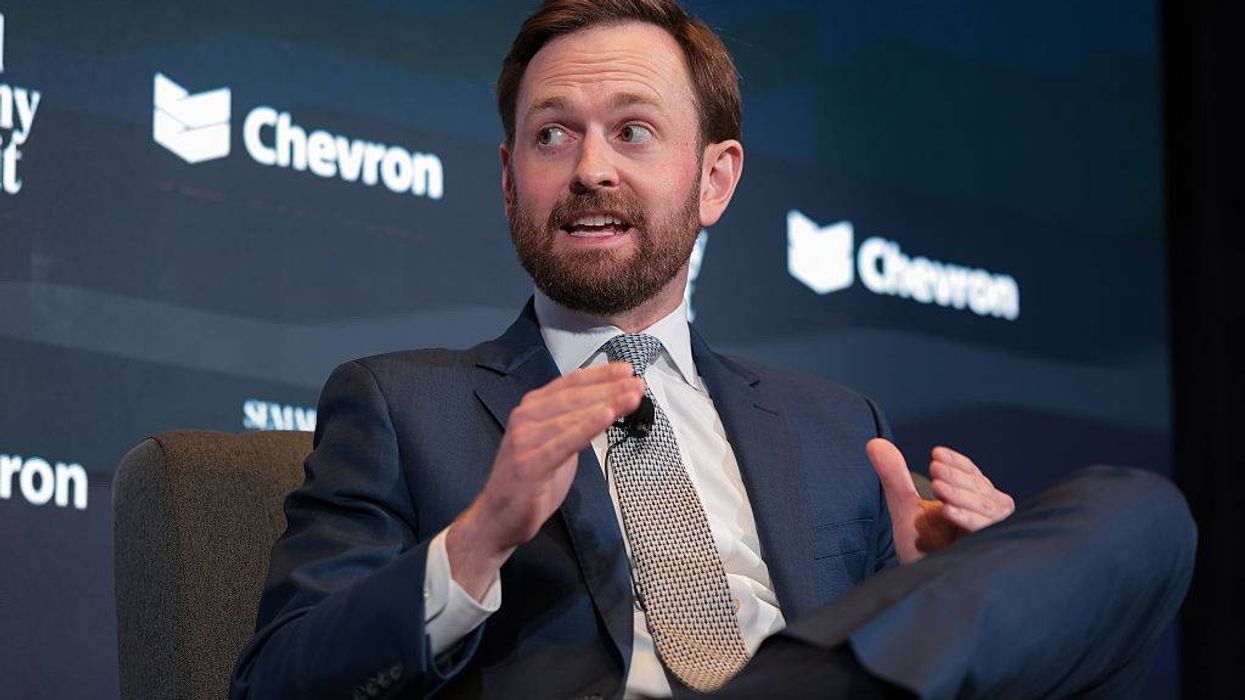“Every antitrust case in front of the Trump Justice Department now reeks of double-dealing," the senator added, noting that Live Nation—the owner of Ticketmaster—saw its stock price surge following news of Slater's removal.
“Americans’ top concern is affordability, but one of Trump’s few bipartisan-supported nominees—the top law enforcement official responsible for stopping illegal monopolies and protecting American consumers—was just ousted," said Warren. "Congress has a responsibility to unearth exactly what happened and hold the Trump administration accountable.”
In recent weeks, Live Nation has been in talks with top Justice Department officials to avoid an antitrust trial that's supposed to begin next month. The negotiations have reportedly bypassed the DOJ antitrust division previously headed by Slater, who was once viewed as the leader of a supposedly burgeoning "MAGA antitrust movement" but was abandoned by her top ally within the Trump administration, Vice President JD Vance, and forced out.
Influence peddlers reportedly on Live Nation's payroll include Mike Davis—who welcomed Slater's departure in a post on social media—and Kellyanne Conway, a former adviser to President Donald Trump. The American Prospect noted that Davis "reportedly earned a $1 million 'success fee' for getting DOJ to drop its challenge to the $14 billion Hewlett Packard Enterprise-Juniper Networks merger," a settlement in which Attorney General Pam Bondi's chief of staff overruled Slater.
"Davis also earned at least $1 million by persuading the Justice Department to allow a merger between Compass and Anywhere Real Estate, the two largest real estate brokerages by volume in 2024, despite objections from antitrust division attorneys," according to the Prospect.
One of Slater's deputies who was fired from the antitrust division last year later alleged that lobbyists are effectively dictating antitrust policy at the DOJ under Bondi's leadership.
Sen. Amy Klobuchar (D-Minn.), the former chair of the Senate Subcommittee on Competition Policy, Antitrust, and Consumer Rights, said Thursday that Slater's removal represents "a major loss for bipartisan antitrust enforcement."
"She received significant bipartisan support in the Senate and has continued important cases brought by administrations of both parties, including winning a landmark monopolization case against Google and preparing the vital case to break up Live Nation-Ticketmaster for trial next month,” said Klobuchar. “Her departure raises significant concerns about this administration’s commitment to enforcing the antitrust laws for the betterment of consumers and small businesses, including seeing through its cases against monopolies.”




